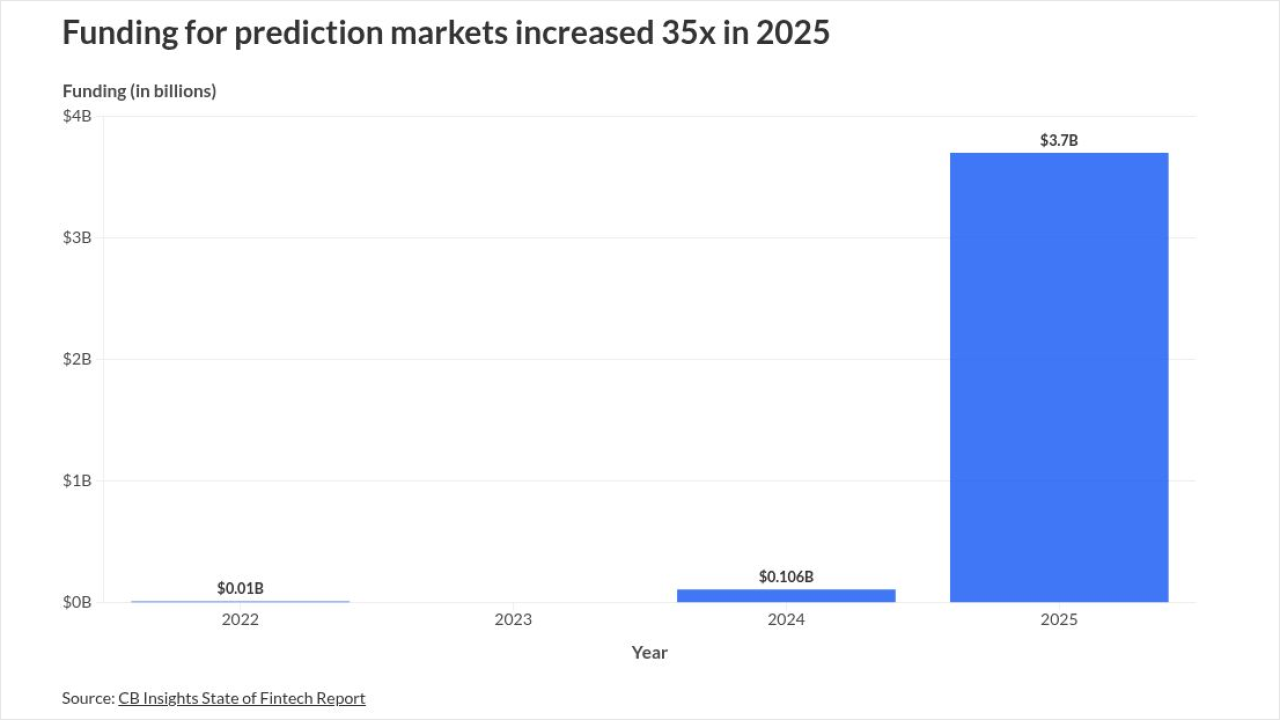If a small Florida company has its way, automated teller machines will soon be dispensing-not just accepting-cards.
Processing Content
Default Proof Credit Card System Inc. has applied for a patent to protect a technology that lets ATMs take in cash and dispense a payment card with an equivalent amount of prepaid value.
Vincent Cuervo, president of the Boca Raton-based company, said he is negotiating with several banks interested in using the system. He expects to be issued a U.S. patent within several weeks, and he has made similar filings in several foreign countries.
Automated teller manufacturers would pay Mr. Cuervo's company a licensing fee to equip their machines with the necessary hardware and software.
The cards would come with the issuing bank's name, a Visa or MasterCard logo, a 16-digit account number, and a personal identification number for security purposes. The customer could choose the PIN at the ATM.
Cardholders could replace lost or stolen cards, recouping any remaining value.
Mr. Cuervo said he would not disclose further details about the process as long as Default Proof's patent is still pending.
The product is said to be designed for the unbanked population, including recent immigrants and people who do not qualify for standard credit cards.
Donald I. Auriemma, president of Backpages Inc., a Westbury, N.Y., firm that specializes in credit card patents, said the technology behind the Default Proof system "has to be very sophisticated."
He questioned how ATMs could count cash as it is fed into the machines and then dispense cards with the proper value. Most ATMs take cash deposits on the basis that they will be counted and verified the next day by bank employees.
Some ATMs dispense postage stamps, retail coupons, and phone cards, but none in the retail market today can dispense stored value cards with a PIN and a Visa or MasterCard logo.
"What a great innovation for a bank to approve and issue payment cards from a remote location," Mr. Auriemma said.
Default Proof is no stranger to complicated patented products. Founded in 1985 by Mr. Cuervo, a former life insurance executive, the company owns three patents relating to a secured credit and debit card collateralized by the cash value of a life insurance policy.
In the early 1990s, Republic National Bank of New York and Banco Popular of San Juan, Puerto Rico, briefly issued several hundred such cards until Default Proof ran into legal problems and essentially went out of business for three years.
Those troubles began when the Florida company sued State Street Bank and Trust Co. of Boston for allegedly stealing confidential information about the patented secured card system. Default Proof accused State Street of using the system to develop an insurance product for a company in Georgia. The case was eventually settled, but it cost Default Proof more than $1 million and left the company badly hobbled Mr. Cuervo said.
He said Default Proof was once on the verge of signing deals with Chase Manhattan Bank and others interested in the secured card product.
After the four-year litigation, Default Proof's over-the-counter stock price fell to a penny. It is now 10 cents.
In 1991 the company sued American Express Co., accusing it of trademark infringement. That case was also settled.
Mr. Cuervo is hoping the ATM patent approval would put his company back on track.
"Everyone cancelled all the contracts after the litigation was in progress," he said. "The new application is going to help us a lot."





